The Embodied Facilitator Course
Course Details
All in-person modules will be conducted near New York City, USA. The exact location will be confirmed later this year.
Applications for EFC US 2021 will open later this year.
Module 1
Opening – in person
April 17th – 18th
Location TBD.
This module is in person, but it won’t be a residential. That means, participants will need to take care for their own accommodation and food, though snacks and drinks will be provided during the day.
Full participation in this module is required.
Includes:
- Opening ritual
- The journey ahead
- Introductions and group bonding
- Goal setting and contracting
- Responsibility and self-care
- Trolls of learning
- Introduction to main EFC models
Module 2
Foundations of Embodiment – online
April 19th June 20th
This part of the course is an essential requirement to pass EFC, but it’s also a program in its own right, called the Foundations of Embodiment Certification (FEC) .
Involves weekly 75 minute webinars – we require you to attend a minimum of four and watch recordings of the others.
Opening webinar is mandatory to attend.
More information to come …
Includes:
- The theory of embodied practice and transformation
- Embodied intelligence
- Embodied meditation
- Centering
- The cycles model of change
- Freedom vs form in bodymind practices
- The four elements model
- Simple partner work for coaches
- Embodied improvisation
Module 3
Fundamental Teaching Tools – in person
June 21st – 27th
Location TBD.
The module emphasizes living in community with nature and each other. Accommodation and meals are provided. Cooking is also a communal affair, and the food is plentiful, healthy and vegetarian, with options for those on vegan and gluten-free diets.
The first day will start at 11am. The last day will finish at 5pm.
Includes:
- Going deeper into self-awareness and the core models
- One-to-one embodied feedback
- Declaration of your core embodied practice
- Improv
- Embodied Yoga Principles
- Building your personal presence
- Embodied shadow work
- Dance/free movement work
- Partner work
- Ethics and trauma basics
- Teaching embodiment fundamentals
- Embodied coaching fundamentals
- How to take the body to business
- Models, tools and practice of embodied coaching
- The legendary ‘No talent’ show
- Embarkation ritual (to mark transition to teaching others)
Module 4
Facilitation Practice – online
June 28th – August 15th
Regular 75 minute webinars – again, we require you to attend a minimum of four and listen to recordings of the others.
Plus, there’s a mandatory midpoint webinar – date TBC
Focuses on facilitation practice, ie putting the learning into action, with peer feedback and support.
Module 5
Facilitation Excellence – in person
August 16th – 22nd
Location TBD.
As with module 3, this module emphasizes living in community with nature and each other. Accommodation and meals are provided. Cooking is also a communal affair, and the food is plentiful, healthy and vegetarian, with options for those on vegan and gluten-free diets.
The first day will start at 11am. The last day will finish at 5pm.
Includes:
- Return ritual
- Renunciation practice: no phones, alcohol/drugs, sex, less privacy
- Space to share, play and connect in nature and community
- Excellence in embodied facilitation
- Deeper underlying principles of embodied facilitation
- Trauma and embodiment
- Working with intuition
- Nature connection and embodiment
- Body reading clients
- The body and adult development
- The science/neuroscience of embodiment
- Voice
- Marketing embodiment
Module 6
Owning your Facilitation – online
August 23rd – November 19th
Regular 75 minute webinars – again, we require you to attend a minimum of four and listen to recordings of the others.
Focuses on creative facilitation practice. This is about making the work your own and breaking new ground.
- Return ritual
- Renunciation practice: no phones, alcohol/drugs, sex, less privacy
- Space to share, play and connect in nature and community
- Excellence in embodied facilitation
- Deeper underlying principles of embodied facilitation
- Trauma and embodiment
- Working with intuition
- Nature connection and embodiment
- Body reading clients
- The body and adult development
- The science/neuroscience of embodiment
- Voice
- Marketing embodiment
Module 7
Graduation – in person
November 20th – 21st
It is mandatory to attend the graduation day on Saturday 14th-15th November 2020. Location TBD.
This module is in person, but it won’t be a residential. That means, participants will need to take care for their own accommodation and food, though snacks and drinks will be provided during the day.
Time Commitment
Overall, the time commitment for EFC US 2021 will be as follows:
- Attendance of one opening weekend in-person module (in NYC)
- Attendance of two week-long residential modules – one in June and one in August (outside New York City)
- Attendance of one closing weekend in-person module (in NYC)
- Around six hours of coursework per week throughout the rest of the course (this includes practice, webinars, reading and more).
Suitable EFC graduates will also have the option of a second EFC ‘integration year’ for a small fee. This will include further mentoring and reflection. Details will be provided during the course.
See below for further information
Note: For those who wish to deepen their learning, there are optional ‘bolt-on’ training on offer throughout the year in different countries.
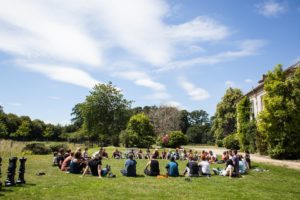
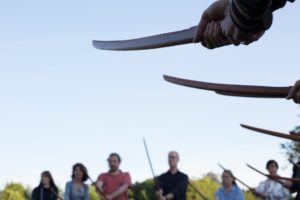
Course Requirements
- Pre-work – videos, tasks and other preparation
- Core embodied practice (after initial practice experiments) and meditation – approx three hours per week (throughout course)
- Weekly tasks (written and practical, including embodied yoga forms), with peer accountability (module 2 / FEC)
- Core and suggested texts and videos (throughout course)
- Weekly small group calls (throughout course)
- Participation in our online, private group (throughout course)
- Facilitation ‘experiments’ – one hour per week during modules 4-6
- Final video exam (as with all course work, this must be in English)
Note: Most of this work is mandatory and some is recommended. And there will be rest weeks!
Perspectives
We draw from a wide range, but to give you an idea, these include:
- Integral theory – this is the framework of EFC: the ‘I’, ‘we’ and ‘it’ of embodiment
- Four elements typology
- Martial arts (especially aikido)
- Bodywork (eg massage, Feldenkrais, Alexander Technique)
- Body psychotherapy
- Buddhism/mindfulness
- Embodied Yoga Principles
- Trauma theory
- Yin and yang polarity (Uzazu influenced)
- Adult development (eg Spiral Dynamics)
- 5 Rhythms and other models of cycles
- Linguistics
- Improv and theater
- Body psychotherapy/dance movement therapy
- Eco psychology
- Leadership Embodiment
- Models of effective, embodied teaching and coaching – what differentiates rigorous ‘second generation’ practice from outdated ‘new age’ methods
- Business applications and marketing – how to talk about, sell and make this stuff work in ‘no nonsense’ environments
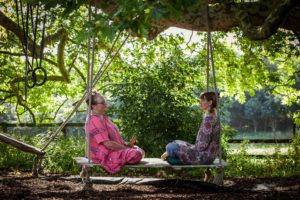
Applications
- Coaching
- Leadership presence – building impact and influence
- Emotional intelligence training
- Stress management / resilience training
- Team building
- Communication skills training
- Culture change / organisational development
- Confidence and assertiveness training
- Activism and social change
- Enhancing teaching of other embodied practices, eg yoga, dance and martial arts
- Personal growth courses
- Human resources management
- Creativity training and the arts
- Spirituality
Commitment
To participate in EFC you must be fully committed. This is not a Micky Mouse course. To summarize, certification as an Embodied Facilitator requires the following:
- Live attendance of opening module (2 days – online)
- Full attendance of two residential modules (14 days total)
- Live attendance of the midpoint webinar and graduation day
- Live attendance of at least four other webinars for each online module
- Watching recordings of any webinars not attended
- Approx 3 hours of documented embodied practice a week, including a chosen core practice
- 1-2 additional hours each week, which includes: small group calls, practical and written work, reading texts and watching videos
- 1 hour per week of hours teaching/coaching practice (modules 4-6)
- Passing a final practical exam (you’ll send us a video)
- Paying course fees in full
You also commit to being teachable. Beginner’s mind is essential to get the most from EFC.
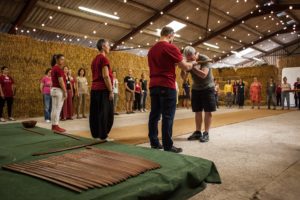
Stay updated on our latest offerings, resources & special offers related to EFC and embodiment.
Be the first to know when we open EFC applications at discounted rates.
Join Our Mailing List
Investment
Uber Early Bird: $1,000 deposit + $4,500 (until 11/31)
Super Early Bird: $1,000 deposit + $5,200 (until 12/31)
Early Bird: $1,000 deposit + $5,800 (until 2/1)
Regular rate: $1,000 deposit + $6,800
Final bookings must be made by March 14th, 2021.
Your place is confirmed by paying the deposit (after getting through the application and interview stages, and signing the course contract). We find roughly half of those who apply are a good fit for the course.
Please note: There are no refunds on this course. In the event of sickness or family emergency, participants may join relevant modules in the next year’s program to complete the course (at no extra charge).
You will need to consider additional costs, including embodied practice classes, books, travel for the three in-person modules, plus accommodation for module 1. If you camp during modules 3 and 5, you will need to bring camping equipment (although it’s possible you could borrow).
Payment Plans
We are happy to discuss payment plan options for the course fees.
Charity Places
We’re committed to supporting the use of embodiment for good in the world, so we offer a reduced rate place to participants in the charity/not-for-profit sector, who would not be able to afford the course otherwise. Note: There is a lot of competition for these places. Contact us for information.
Other Course Information
We provide accommodation and food for the residential modules (3 and 5). We encourage camping, but if this isn’t for you, don’t worry: there are beds! Cooking is also a communal affair, and the food is plentiful, healthy and vegetarian, with options for those on vegan and gluten-free diets.
We do not provide accommodation or meals for module 1 or 7; we do provide drinks and snacks.
We are happy to provide a letter confirming your place for visa requirements. If you need a visa, we strongly recommend you apply as soon as you have accepted a place on EFC, as processing can sometimes take longer than expected.
Health and Diversity
The course content is almost entirely non-athletic. However, during our intensives, days are long. Therefore, a basic level of stamina and fitness is strongly advised. We can and do work with all body types and abilities.
EFC is challenging. As part of the course, we work with stress responses. With this in mind, we ask applicants to let us know about any mental health issues or trauma history, so we can offer the right support. We value diversity and welcome participants from all situations and backgrounds. We will do what we can to support your application and journey through the course.
Standards
Accreditation
Our one-day course, ‘Working with the Body for Coaches & Trainers’, is approved by the International Coach Federation (ICF) for Continuing Coach Education Units (click herefor info). We have decided not to apply to have EFC approved by the ICF this year.
The Embodied Facilitator Course is not an ICF Accredited Coach Training Program (ACTP) because we do not train people to become coaches.
If you would like to train to be a coach, we recommend the following coach training organizations: Newfield Network, CTI and Integral Coaching Canada
Privacy
Please see our privacy policy.
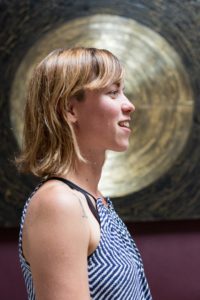
Our Team
Between us, our team has over 200 years of embodiment training and have studied many body practices such as:
- Martial arts including aikido (multiple black belts)
- Feldenkrais, yoga and many other movement practices
- Dance forms including 5 Rhythms, contact improvisation and tango
- Theater and improvisation
- Body psychotherapy
- Meditation, spirituality and mindfulness – numerous forms from many traditions
The breadth and depth of experience on this team is unparalleled.
As organizers of the Embodiment Conference, we work in partnership with many leaders in the field.
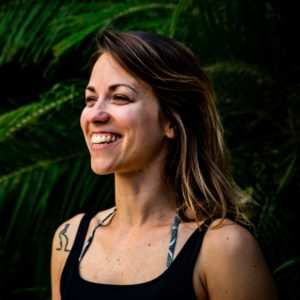
Masa Nobilo
Lead Trainer

Mark Walsh
Co-Lead Trainer
EFC Founder

Martha Eddy
Guest Somatic Trainer
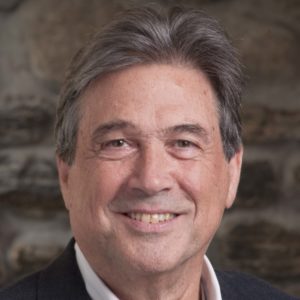
Curtis Watkins
Guest Coach Trainer

Tess Howell
Assistant Trainer

Susan Belli
Room Team Manager
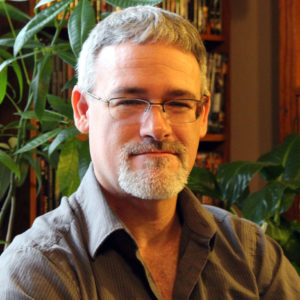
Tom Burden
Course Manager
Guest Webinar Trainers
Note: We are in the process of confirming guest trainers for 2021, so this list is mainly based on the 2020 EFC UK course. Please check back soon for the complete line-up.
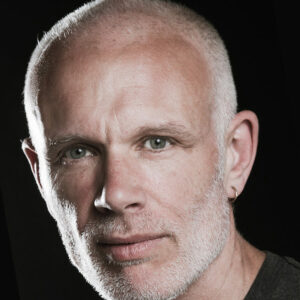
Adam Barley
5rhythms Teacher
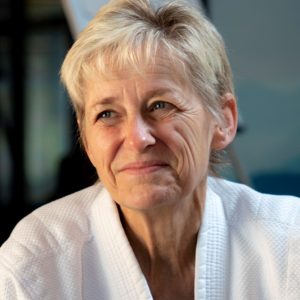
Ginny Whitelaw
Embodied Leadership Expert
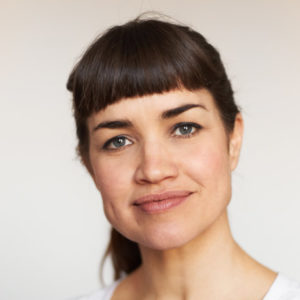
Rachel Blackman
Performance Expert
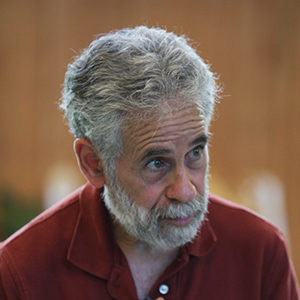
Paul Linden
Trauma Educator, Embodiment & Aikido Teacher

Dylan Newcomb
Coach, Trainer, & Bodymind Researcher
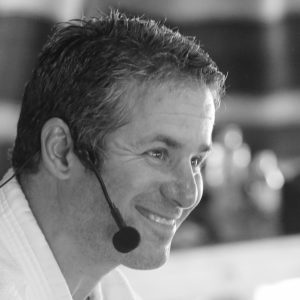
Miles Kessler
Meditation, Aikido, & Integral Practice Teacher
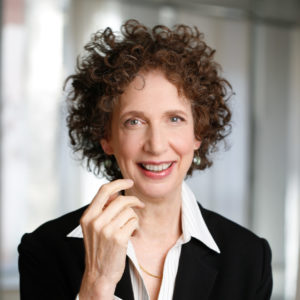
Betsy Polatin
Alexander Technique Master Lecturer & Author
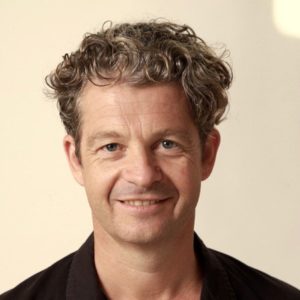
Martin Aylward
Meditation Teacher
Apply
Read all the info? Ready for a practical, transformative, broad and guru-free embodiment course that will empower you to work in a range of settings?
What now?
If you haven’t already experienced our work, we recommend you attend one of our short courses or watch some of our videos.
If you’ve read the information on this site, but still have questions, you are welcome to message us. If you want to chat, you can book a Skype, Zoom, or phone meeting with Tom, our course manager, here.
When you’re ready, complete the online application form. Afterwards, you will be directed to a page where you can book your course interview.
Upon successfully completing the interview stage, your place will be secured by paying a deposit and signing the training contract.
